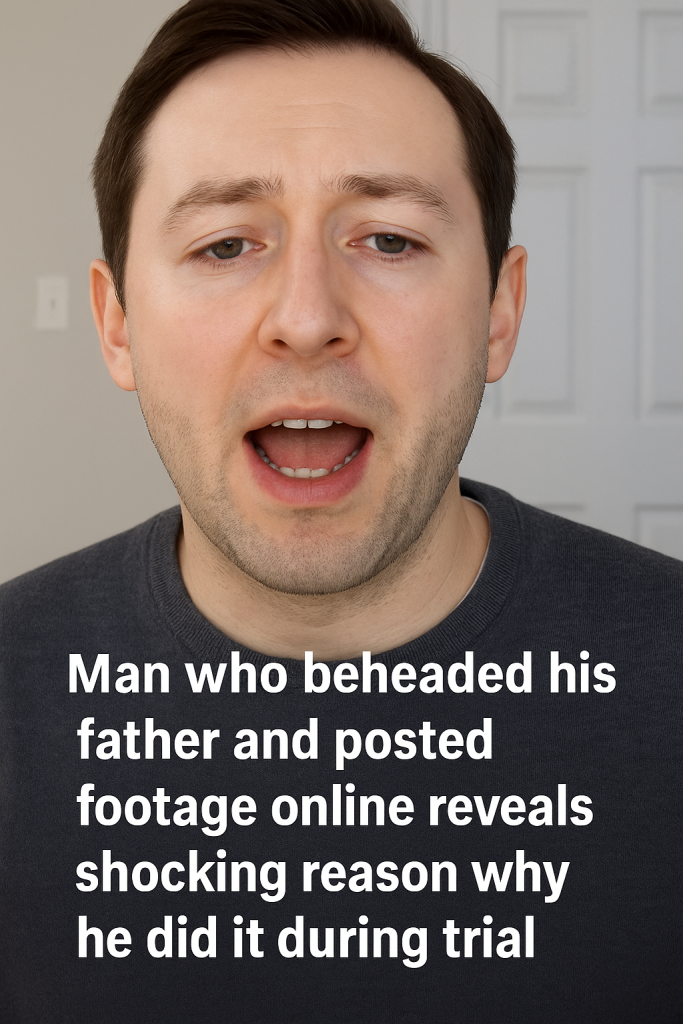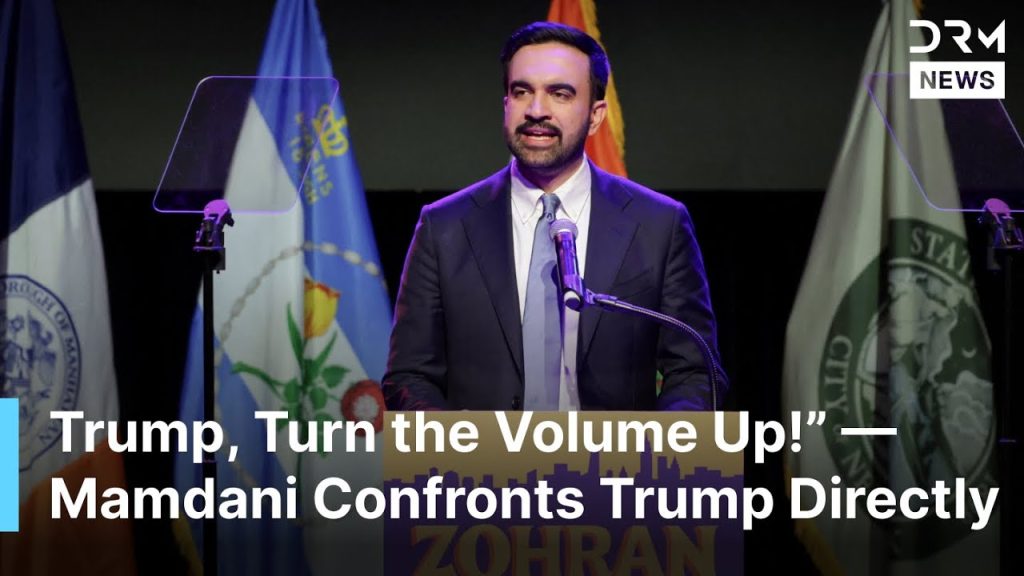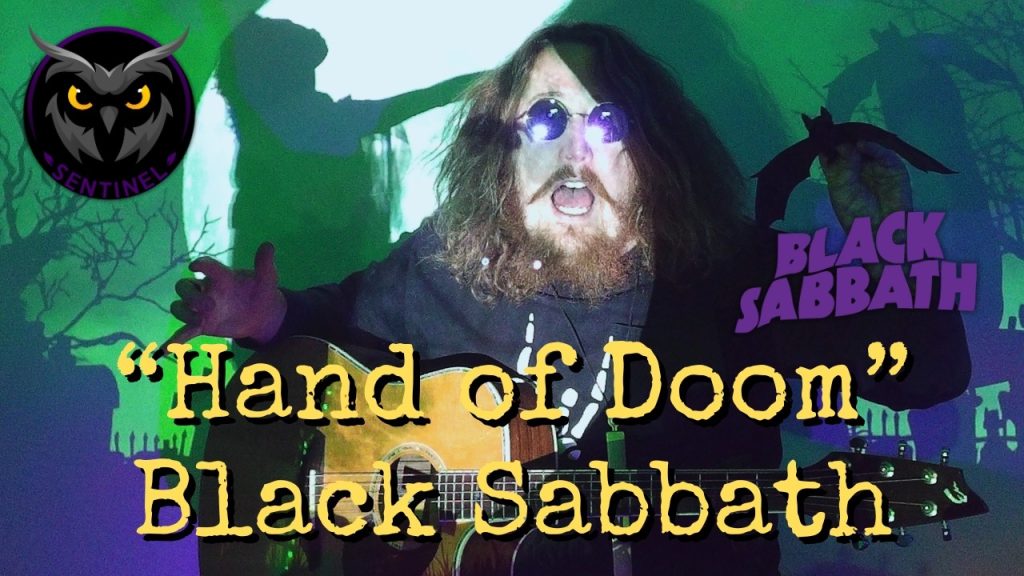In a distressing and unprecedented trial, a man accused of brutally beheading his father and posting footage of the act online stunned the courtroom by citing former President Donald Trump in his defense. The man, whose name has been withheld for legal reasons, revealed his shocking rationale during recent proceedings, sparking intense media attention and public debate.
The case has gripped communities across the nation due to its violent nature and the disturbing fact that the defendant filmed and shared the footage of the crime on social media platforms. Authorities say the man’s actions were chilling not only for their brutality but for the apparent callousness in broadcasting the act to the public.
During the trial, the defendant’s attorney argued the motive stemmed from a perceived sense of victimization and societal frustration. The defendant himself took the stand and in a moment that sent ripples through the courtroom, he invoked Donald Trump, claiming his ideology and rhetoric influenced the emotions that culminated in the fatal attack.
“I was inspired by the way he spoke out against what he called ‘betrayal’ and ‘disloyalty,’ and I felt betrayed by my own family,” the defendant stated. “In some warped way, that pushed me over the edge.”
Legal experts describe the defense’s invocation of Trump as a rare use of political rhetoric to explain violent behavior, highlighting how public figures’ words can have unpredictable impacts on individuals. While some observers see this as an attempt to politicize a deeply personal crime, others warn about tying violent acts to political discourse without clear causation.
The victim, whose identity has also been protected, was described by family members and neighbors as a quiet, unassuming man. The attack has prompted a wave of mourning and calls for mental health awareness and better monitoring of violent content online. Social media companies have been criticized for the lag in removing the video promptly after it was posted.
Psychologists testifying in the trial suggested that the defendant may have been struggling with significant untreated mental health issues, exacerbated by isolation and exposure to inflammatory political messaging. The mixture, they argue, created a dangerous mindset culminating in tragedy.
Authorities continue to investigate whether there were any co-conspirators or external influences beyond the defendant’s own admission. The trial is ongoing, with prosecutors seeking the maximum penalties under the law, emphasizing the premeditated nature of the crime and its impact on the community at large.
This case has raised important questions about the role of social media in amplifying violent behavior, the responsibilities of political figures and public discourse, and the challenges of addressing mental health crises before they erupt into violence. As the trial progresses, many await a verdict that will hopefully bring some measure of justice to a deeply troubled situation.



